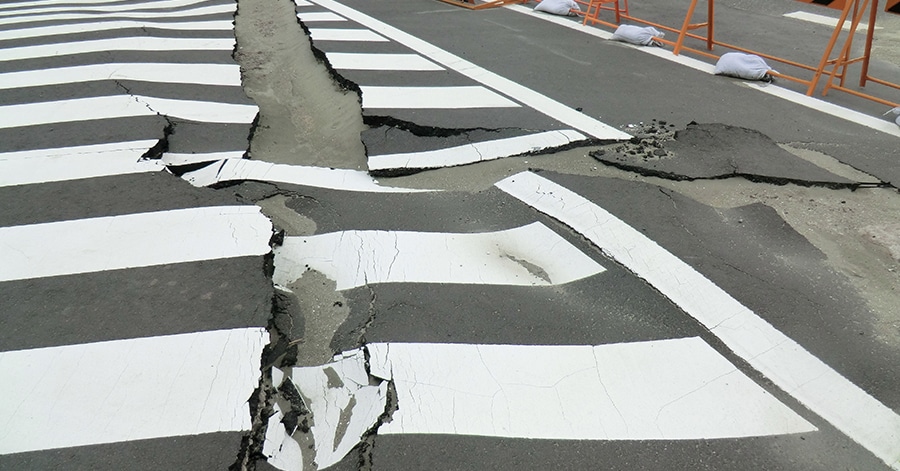How Prepared are You for the Next Earthquake?

It is easy to predict hurricanes and rainstorms. The same is true for volcanic eruptions. Even hail or snow storms can be forecasted. These forecasts are essential for our safety. It helps us prepare for any disaster.
However, some disasters even harder to detect and predict, making it hard for us to prepare for them before they happen. One example of these natural phenomena which can be very devastating is an earthquake.
How do we prepare for an earthquake?
The only way to be earthquake-ready is to be ready at the times. Earthquakes can strike without any warning. Whether you live in an earthquake-risk area or not, it is best to know what you must do in an event of an earthquake.
Preparedness is key.
According to the Federal Emergency Management Agency (FEMA), to effectively prepare for it, you must know what to do before, during and after an earthquake.
Before an Earthquake
Prepare Yourself and Your Family
Since earthquakes happen suddenly, train yourself and your family members on how to react safely. Learn what you must do during an earthquake and conduct regular drills, getting each member involved.
Identify parts of your home where it is safest to drop, cover and hold on. Make sure everyone in the family know these places.
You should also prepare emergency supply kits in your house. You must also see to it that everybody knows where they’re placed.
Practice as a family. This way, you will condition yourselves on how to appropriately and safely respond once you feel an earthquake.
Prepare Your Home
You may take a mild quake for granted. However, it can cause damages to your house without you knowing.
Assess your home’s structure and contents. This will help you determine if your house is safe in an event of an earthquake. If the structure needs reinforcing, do it as soon as possible. If the work is beyond your skills and knowledge, always seek professional help.
If your house is older, even the mildest shaking can crack walls and bust pipes. When this happens, you can’t turn to your homeowner’s insurance to cover these damages. This is why it is best to have earthquake insurance.
[sc_content_link label=”You need an earthquake insurance.”]
During an Earthquake
When the ground starts shaking, always remember: NEVER PANIC.
Panicking will only make the situation more unsafe for you. Remember what you’ve learned during your earthquake drills and apply them.
When Inside a Building
Remember to “Drop, Cover and Hold on”.
Drop down to your hands and knees and then drop to the ground. Cover your head and neck with your arms. Hold on to any safe and sturdy covering until the shaking completely stops.
Move away from objects that can potentially fall. Take cover under a sturdy desk or table. Never attempt to run outside until the shaking stops. Stay where you are.
When Outside
When you’re outside and an earthquake happens, move to an open space and “Drop, Cover and Hold on”. Move away from anything that may fall down such as buildings, streetlights, and trees.
Once you are in a safe zone, stay there until the shaking stops. Be alert to your surroundings and know when to move to a safer place if there’s one.
[sc_content_link label=”Make sure you’re protected, click here.”]
After an Earthquake
There’s a great chance that after an earthquake, there will still be aftershocks. Be alert and act appropriately when the ground starts to shake again. During an aftershock, “Drop, Cover and Hold on”.
After an earthquake or an aftershock, move towards safety. Stay away from damaged areas.
If you’re trapped, do not move about or kick up dust. Your movements can cause any fallen structures to collapse towards you. If you have a phone, contact for help. Make noise. Tap on a pipe or a wall. Call for help or use a whistle. This will help rescuers locate you easier.
[sc_content_link label=”Buy your home earthquake insurance, click here.”]
